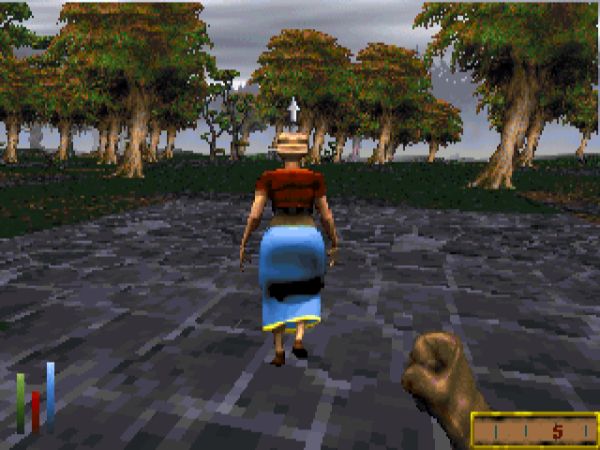
When confessions go wrong.
One of my few recurring readers has a comment on a perhaps randomly chosen entry recently. I’ll reprint the comment here to give it the attention it deserves. ^_^
ENOUGH VIDEO GAMES. ENOUGH PHILOSOPHY. YOU ARE FUCKING PATHETHIC HUMAN BEING. ACTION, ACTION, ACTION
GO OUTSIDE AND GET SHIT DONE.
YOU ARE MORE DISGUSTING THAN THE AVERAGE SCUMFUCK. SCUMFUCKS HAVE NO CHOICE BUT TO BE SCUMFUCKS – YOU HAVE KNOWLEDGE OF THE DIVINE AND YOU CHOOSE TO DO NOTHING EXCEPT WANK.
GO OUTSIDE AND DO SOMETHING WITH YOUR GOD FUCKING LIFE YOU WORM.
Oh dear, I can hear the Internet filters slam shut at schools and libraries everywhere. Oh well. The important point is, he is wrong. I am not a worm. He should know me well enough by now to realize that I am a can of worms.
Playing worm, praying worm. Walking worm, talking worm. Sleepy worm, creepy worm and (once or twice a year) weepy worm, they are all me. Happy worm, sappy worm, crappy worm. There is a worm for every occasion. If you have read the ten years or so before I moved to WordPress, I used to color code my entries in different colors depending on the main content: Green for slice of life, blue for games, gray for science and philosophy, white for religion, azure for fiction writing, yellow for indecent or profane, red for adults only. All these different worms were me. It is the same now. Video games, philosophy, psychology, health and exercise, book reviews, computers and gadgets etc etc. It’s a huge can of worms of various colors and sizes.
This, unfortunately, is the human condition. When people think of themselves as a pearl of great worth, it is invariably because of delusion. People vary wildly from time to time and from place to place, depending on who they are with or whether they are alone. To think otherwise (unless perhaps if one has been through a decades-long war of extermination) is pure delusion, or more charitably ignorance, ignorance so deep that one is ignorant even of one’s ignorance. This seems to be the default condition.
In so far as I have indeed glimpsed the Divine, it is exactly in this that somehow Heaven has opened the can of worms. As Leonard Cohen so precisely sings: “There is a crack, a crack in everything. That’s where the Light gets in.” This is the great miracle without which nothing much can happen. Some event or practice has unexpectedly pried open the can of worms just a little so the light shines on at least the uppermost layer of wriggling worms. From here on, we have the option to try to close the lid and hope that it all never happened, that the can actually contains only a single pearl of great worth. This option probably remains for a long time, but the longer the lid stays at least a little ajar, the harder it gets to get everything back to the way it used to be.
Even in Daggerfall, I cannot feel entirely safe from the rays of the Light. And conversely, even in prayer I cannot feel entirely safe from the daggers of my lower nature. The worms shift in response to every major movement, seeking to maintain the precarious balance of their environment.
If there is in a human a pearl of great worth, it is buried deep in a manure-laden acre teeming with earthworms. Love them anyway, but carefully. ^_^;
***
That said, I can assure y’all that I do go out pretty much every day, if nothing else then to bless my homeland through my work. But no, I am not going into the traveling preacher business anytime soon. Those who need me can find me here.










